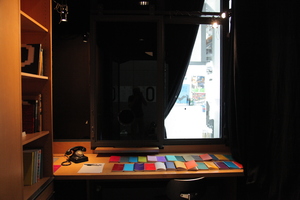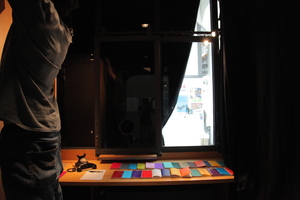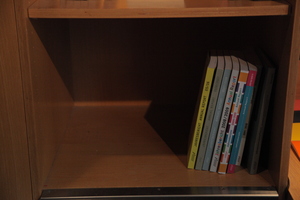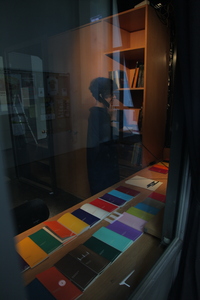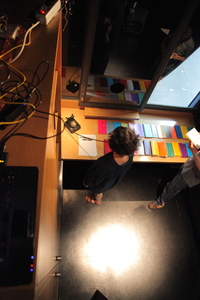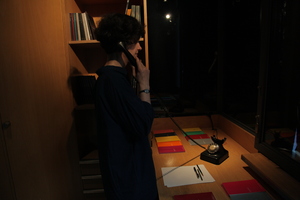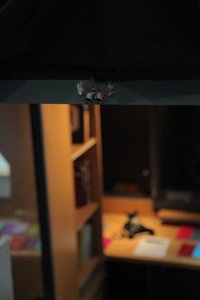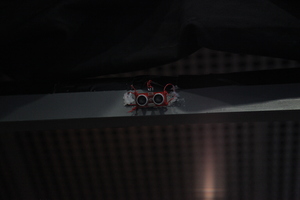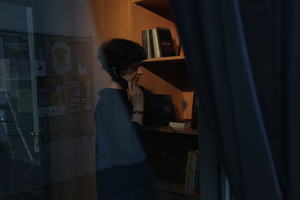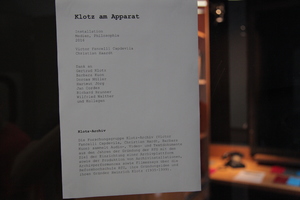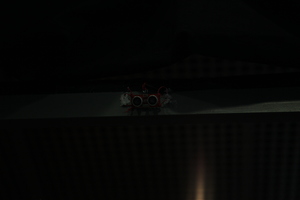Víctor Fancelli Capdevila
| Name | Víctor Fancelli Capdevila |
| Links | |
| Kurzbiographie | Víctor Fancelli Capdevila arbeitet als Digital Archivist. |
151 Inhalte
- Seite 1 von 13
Klotz am Apparat
- Titel
- Klotz am Apparat
- Typ des Projekts/Werks
- Titel
- Klotz am Apparat
- Urheberrechtshinweis
- Christian Haardt & Víctor Fancelli Capdevila
- Medienersteller/in
- Importiert am
- 21.02.2018
- Übergeordnete Sets
- 1
Klotz am Apparat
- Titel
- Klotz am Apparat
- Typ des Projekts/Werks
- Titel
- Klotz am Apparat
- Urheberrechtshinweis
- Christian Haardt & Víctor Fancelli Capdevila
- Medienersteller/in
- Importiert am
- 21.02.2018
- Übergeordnete Sets
- 1
Klotz am Apparat
- Titel
- Klotz am Apparat
- Typ des Projekts/Werks
- Titel
- Klotz am Apparat
- Urheberrechtshinweis
- Christian Haardt & Víctor Fancelli Capdevila
- Medienersteller/in
- Importiert am
- 21.02.2018
- Übergeordnete Sets
- 1
Klotz am Apparat
- Titel
- Klotz am Apparat
- Typ des Projekts/Werks
- Titel
- Klotz am Apparat
- Urheberrechtshinweis
- Christian Haardt & Víctor Fancelli Capdevila
- Medienersteller/in
- Importiert am
- 21.02.2018
- Übergeordnete Sets
- 1
Klotz am Apparat
- Titel
- Klotz am Apparat
- Typ des Projekts/Werks
- Titel
- Klotz am Apparat
- Urheberrechtshinweis
- Christian Haardt & Víctor Fancelli Capdevila
- Medienersteller/in
- Importiert am
- 21.02.2018
- Übergeordnete Sets
- 1
Klotz am Apparat
- Titel
- Klotz am Apparat
- Typ des Projekts/Werks
- Titel
- Klotz am Apparat
- Urheberrechtshinweis
- Christian Haardt & Víctor Fancelli Capdevila
- Medienersteller/in
- Importiert am
- 21.02.2018
- Übergeordnete Sets
- 1
Klotz am Apparat
- Titel
- Klotz am Apparat
- Typ des Projekts/Werks
- Titel
- Klotz am Apparat
- Urheberrechtshinweis
- Christian Haardt & Víctor Fancelli Capdevila
- Medienersteller/in
- Importiert am
- 21.02.2018
- Übergeordnete Sets
- 1
Klotz am Apparat
- Titel
- Klotz am Apparat
- Typ des Projekts/Werks
- Titel
- Klotz am Apparat
- Urheberrechtshinweis
- Christian Haardt & Víctor Fancelli Capdevila
- Medienersteller/in
- Importiert am
- 21.02.2018
- Übergeordnete Sets
- 1
Klotz am Apparat
- Titel
- Klotz am Apparat
- Typ des Projekts/Werks
- Titel
- Klotz am Apparat
- Urheberrechtshinweis
- Christian Haardt & Víctor Fancelli Capdevila
- Medienersteller/in
- Importiert am
- 21.02.2018
- Übergeordnete Sets
- 1
Klotz am Apparat
- Titel
- Klotz am Apparat
- Typ des Projekts/Werks
- Titel
- Klotz am Apparat
- Urheberrechtshinweis
- Christian Haardt & Víctor Fancelli Capdevila
- Medienersteller/in
- Importiert am
- 21.02.2018
- Übergeordnete Sets
- 1
Klotz am Apparat
- Titel
- Klotz am Apparat
- Typ des Projekts/Werks
- Titel
- Klotz am Apparat
- Urheberrechtshinweis
- Christian Haardt & Víctor Fancelli Capdevila
- Medienersteller/in
- Importiert am
- 21.02.2018
- Übergeordnete Sets
- 1
Klotz am Apparat
- Titel
- Klotz am Apparat
- Typ des Projekts/Werks
- Titel
- Klotz am Apparat
- Urheberrechtshinweis
- Christian Haardt & Víctor Fancelli Capdevila
- Medienersteller/in
- Importiert am
- 21.02.2018
- Übergeordnete Sets
- 1
